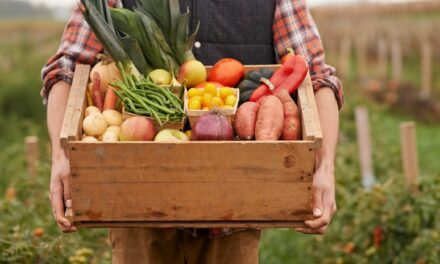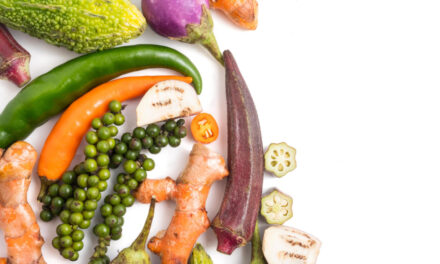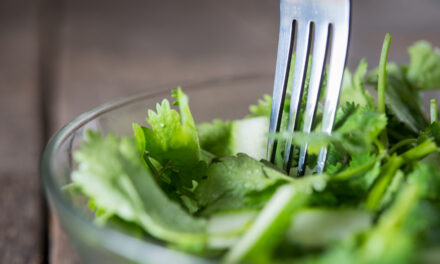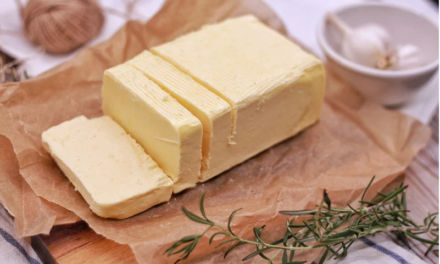
Ethylene, the gas that rots your fruits and vegetables
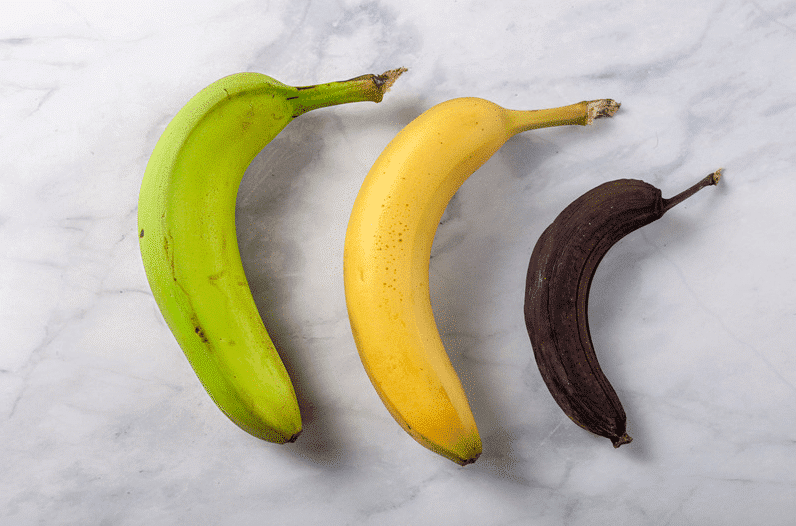
Rotting fruits and vegetables in the kitchen is something everyone has seen. But did you know that a gas called ethylene is responsible? Naturally present in fruits and vegetables, it is the gas that allows them to ripen over the days until they decompose.
As the appearance of our food is very important, we sometimes throw away our fruits and vegetables when we see any sign of rotting while they are still good and therefore, waste.
In fact, food waste represents 15.55 million tons of CO2. According to an ADEME article published in November 2020, nearly 10 million tons of consumable food are wasted each year. In order to optimize the consumption time of our fruits and vegetables, we have to pay attention to their ethylene production.
Ethylene gas, an essential hormone for our fruits
Ethylene is a gas produced by all fruits and vegetables. Formed from methionine, an amino acid, this plant hormone is essential during the ripening process. It develops the texture, the aspect or the flavor of fruits and vegetables. In fact, it eliminates the toxins present in them, reduces their level of acidity and starch and increases their level of sugars.
However, ethylene sometimes continues to be produced after harvest as the plants continue to ripen. Thus, plants whose maturity depends on ethylene are called climacteric. In addition, some plants produce more ethylene than average. Thus, ethylene gas gradually degrades fruits and vegetables. In order to delay the rotting of plants as much as possible, it is necessary to learn how to preserve them and to separate fruits with high levels of ethylene from other fruits.
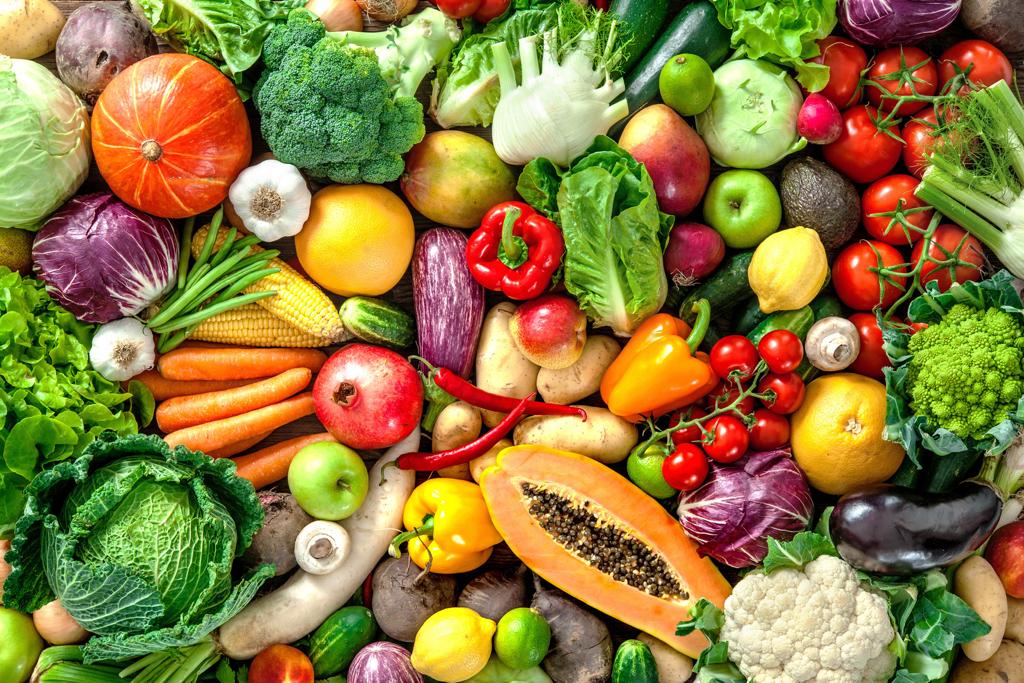
Climacteric plants
Among the plants that produce ethylene in large quantities, we find :
- bananas
- apples
- mangoes
- melons
- watermelons
- avocados
- plums
- grapes
- tomatoes
- And finally, onions.
These plants should not be stored with those that are sensitive to ethylene, which we list below:
- Broccoli
- Lettuce
- Asparagus
- Potatoes
- Cucumbers
- Carrots.
Our advices to optimize the preservation of plants
The production of ethylene is not a problem in itself. The important thing, in order to avoid waste, is to preserve your fruits and vegetables as well as possible.
First of all, be careful to separate the foods in the first list above from those below.
- We advise you to keep cucumbers out of the refrigerator, as they deteriorate when in contact with ethylene but also when cold.
- Bananas are climacteric: wrapping them with aluminium around the stem will prevent ethylene from spreading to the whole fruit and will extend their shelf life by four to five days. Also, you can cut your bananas into pieces and store them in the freezer for up to three months.
- Celery is often stored in plastic bags. The ethylene produced by this vegetable cannot escape.
- Apples, also climacteric, should be stored completely separately.
By applying these simple tips, it is possible to drastically limit food waste and consequently the amount of waste produced by everyone !

To find all our news, find us on Instagram and on our Twitter account.
We publish daily on our social networks so that you can be up to date every day. You can also share our content on your own networks from the options displayed at the bottom of the page!
See the article on ORGANIZING A HEALTHY AND AWESOME NEW YEAR’S EVE DINNER
See you soon for our next article!


